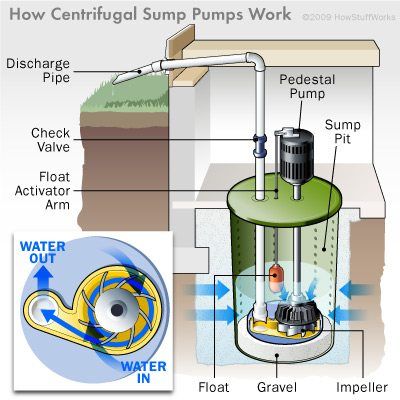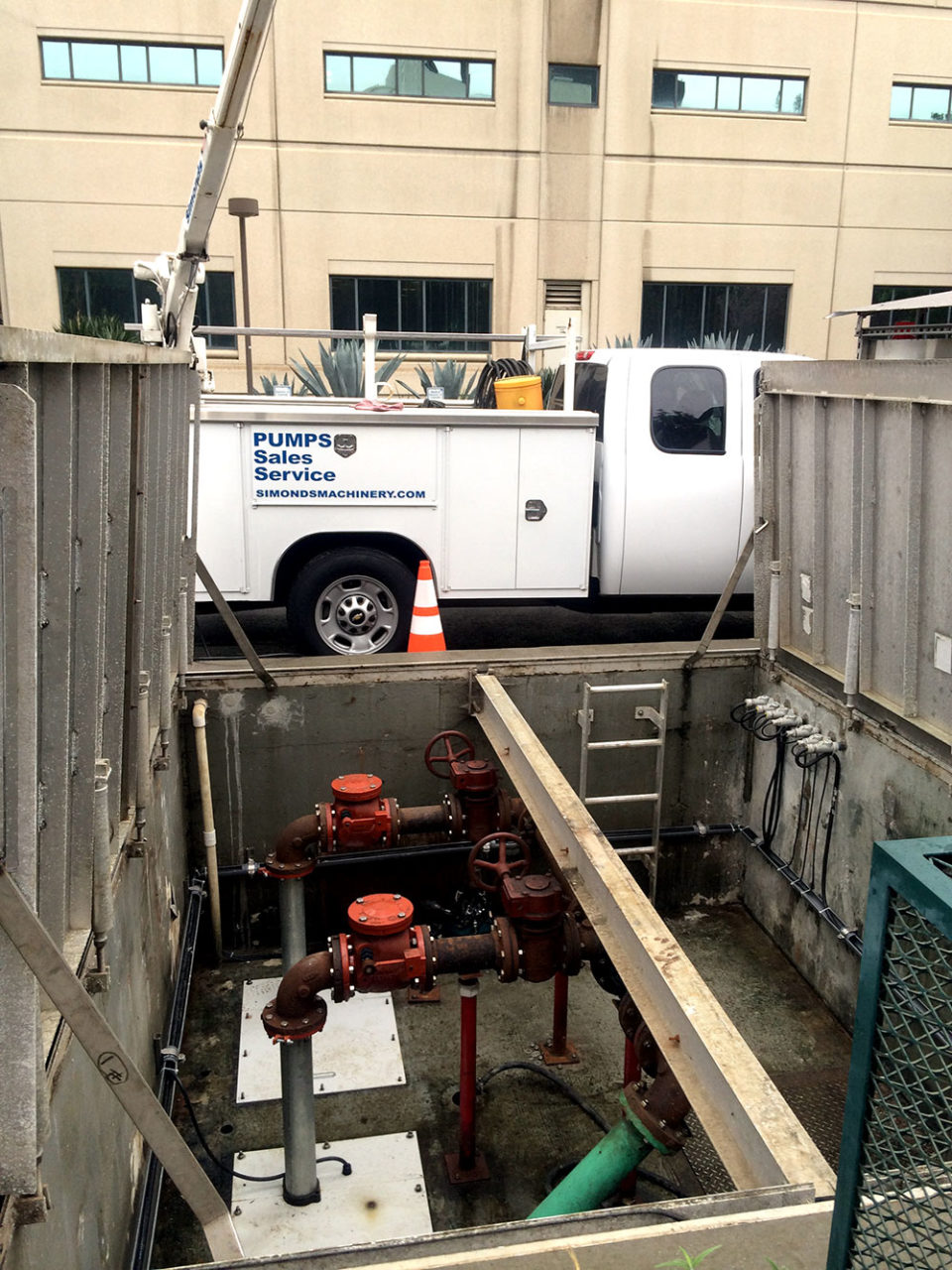Trustworthy Pump Repairs & Installation: Your Water System's Lifeline
Trustworthy Pump Repairs & Installation: Your Water System's Lifeline
Blog Article
Recognizing the Trick Elements of Effective Water Purification Systems

Importance of Water Purification Equipment
Water filtering systems play an important role in ensuring accessibility to tidy and risk-free alcohol consumption water by successfully eliminating contaminants and impurities. These systems are important in resolving the expanding concerns over water top quality and the prospective wellness dangers connected with consuming polluted water. By utilizing numerous filtration devices such as reverse osmosis, activated carbon, and UV sanitation, water filtration systems can successfully eliminate unsafe compounds like microorganisms, viruses, hefty metals, and chemicals from the water.
Additionally, water filtration systems aid to improve the taste and odor of water by getting rid of chlorine, debris, and other contaminants that can influence its quality. Water Softeners. This improvement in water quality not only makes it a lot more tasty but likewise urges individuals to consume an ample amount of water daily, promoting much better hydration and total health
Kinds Of Filtering Parts

Physical filters are designed to physically strain out pollutants from the water. These filters can be constructed from products like ceramic, carbon, and even sand, and they work by trapping bits bigger than the filter's pores as water goes through.
Chemical filters make use of various chemical processes to eliminate pollutants from the water. Instances consist of activated carbon filters, which adsorb impurities, and reverse osmosis membrane layers, which utilize pressure to separate pollutants from the water.
Biological filters use living organisms like microorganisms or algae to break down raw material and pollutants in the water. These filters are usually utilized in wastewater treatment plants or all-natural water filtration systems.
Recognizing the various kinds of filtering elements is vital for picking one of the most appropriate water filtering system for particular purification needs.
Feature of Debris Filters
Debris filters play a vital function in water filtering systems by efficiently capturing solid fragments put on hold in the water. These filters are normally the very first line of defense in a filtration system, getting rid of bigger bits such as sand, silt, dirt, and corrosion prior to the water moves via finer purification phases. By trapping these debris, the filters avoid them from reaching downstream components, hence prolonging the lifespan and performance of the whole system.
The function of debris filters is crucial in preserving water quality and shielding delicate equipment from damages brought on by debris. In addition, by removing noticeable bits, debris filters improve the clarity and preference of the water. Frequently replacing or cleansing sediment filters is important to make certain optimal efficiency. Overlooking this upkeep can result in obstructing, decreased water circulation, and jeopardized purification efficiency. On the whole, sediment filters are crucial components that add significantly to the efficiency of water filtration systems.
Duty of Activated Carbon Filters
Playing a vital role in water filtration systems, triggered carbon filters contribute in removing pollutants and pollutants from the water. These filters are designed to adsorb and trap a large array of pollutants, including chlorine, unstable organic substances (VOCs), chemicals, and herbicides. The turned on carbon product has a huge surface area, permitting the effective capturing of impurities via a procedure called adsorption. As water passes via the filter, the activated carbon attracts and holds onto the pollutants, making sure that the water that appears beyond is cleaner and more secure for intake.
Turned on carbon filters are extremely efficient at enhancing the taste and odor of water by reducing chemicals that can affect its discover this quality. They are also with the ability of getting rid of certain hefty steels like lead and mercury. In addition, these filters can assist stop the accumulation of bacteria and algae in water, more boosting its total top quality. Because of their flexibility and reliability, turned on carbon filters are a crucial element in ensuring that water is detoxified to the highest possible criteria before getting to customers.
Understanding Reverse Osmosis Systems
Reverse osmosis systems are innovative water filtering systems that use a sophisticated procedure to remove impurities and impurities from alcohol consumption water. These systems work by applying stress to the water, forcing it via a semi-permeable membrane. This membrane layer acts as an obstacle, permitting just pure water molecules to travel through, while obstructing larger particles such as minerals, chemicals, and other contaminations. As a result, the water that comes out on the other side is considerably cleaner and safer for usage.
In addition, reverse osmosis systems are reasonably low-maintenance and can be mounted under the sink or in a central filtration system, offering practical access to tidy water throughout the family. Generally, understanding how reverse osmosis systems function can assist individuals make informed choices regarding their water filtration needs.
Verdict
Finally, effective water filtration systems are crucial for making certain safe and tidy drinking water. The key parts of these systems include debris filters, triggered carbon filters, and reverse osmosis systems. By recognizing the function and duty of each element, individuals can make educated decisions when picking a water filtration system. It is very important to prioritize the top quality of water in order to promote total health and wellness and well-being.
Water purification systems play a critical role in making certain access to clean and secure alcohol consumption water by efficiently getting rid of contaminants and pollutants. By using numerous filtration systems such as reverse osmosis, turned on carbon, and UV sterilization, water filtration systems can effectively remove hazardous compounds like microorganisms, infections, heavy steels, and chemicals from the water supply.
Debris web filters play an essential function in water filtering systems by properly capturing solid bits put click here to read on hold in the water (Water Treatment).Playing a crucial role in water filtration systems, triggered carbon filters are critical in getting rid of contaminations and impurities from the water supply.Reverse osmosis systems are innovative water purification systems that employ a sophisticated process to remove contaminants and impurities from drinking water
Report this page